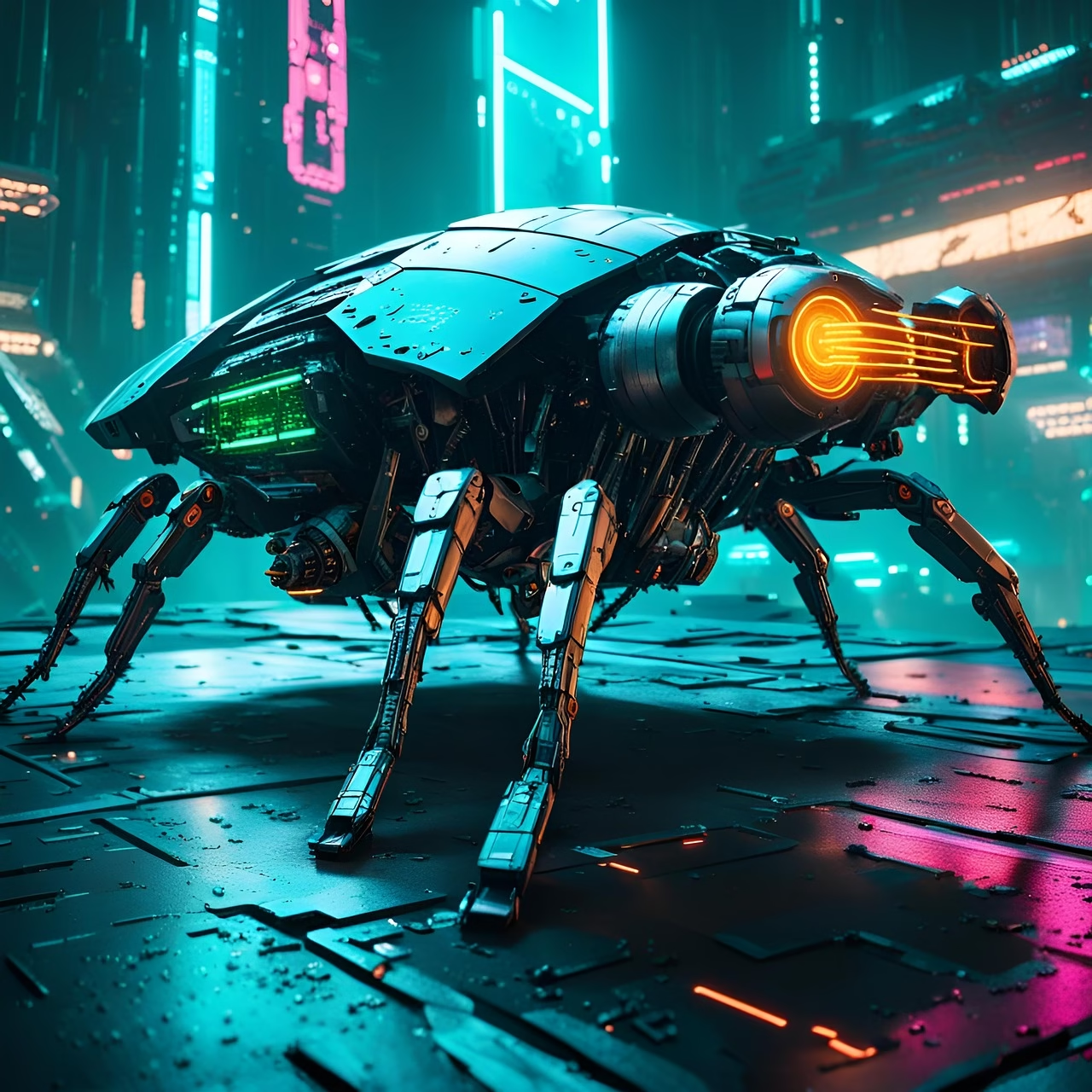Gone are the days when artificial intelligence (AI) was a silent, background operator. Today, we are witnessing something profoundly transformative: the ascent of agentic AI—systems that can perceive, reason, act, and adapt independently to drive business value. As both a researcher and practitioner at the intersection of AI and responsible technology, I see the agentic paradigm as the next essential chapter in digital transformation.
Defining Agentic AI: Beyond Automation
Agentic AI refers to machine intelligence designed as autonomous “agents” that can initiate actions, plan multi-step tasks, learn from feedback, and continuously improve with minimal human intervention. Unlike traditional automation, which executes predefined workflows, agentic systems respond dynamically to contexts, goals, and real-time data. They are empowered to interpret, decide, and adapt—often operating across complex ecosystems of software, data, and people.
Agentic AI isn’t just about efficiency; it is about unlocking a qualitatively new level of creative and strategic capability in business.
The Real-World Emergence of Intelligent Agents
Real momentum is building. Consider a fast-growing logistics firm deploying agentic AI to autonomously manage supply chains. These agents monitor inventory, scan global disruptions, negotiate rates, and reroute vendors—sometimes outside working hours. Or imagine a software company rolling out AI-driven support agents that handle customer issues end-to-end, only escalating the thorniest challenges to humans.
The result? Not only reduced friction and cost, but qualitatively improved outcomes, higher adaptability, and—most crucially—a workforce freed to focus on what only humans can do: create, empathize, and solve the unprecedented.
Key Drivers: Why Agentic AI Now?
- Data Ubiquity: Businesses finally have the infrastructure and pipelines to feed vivid, real-time data into autonomous agents.
- Breakthroughs in AI Models: Advances in large language models (LLMs) and reinforcement learning enable nuanced decision-making and self-improvement, giving agents practical “judgment.”
- Workflow Integration: Modern agentic systems can plug effortlessly into existing SaaS, APIs, and on-premise tools, unlocking orchestration across a digital enterprise.
- Cultural Readiness: Organizations are no longer asking “can we trust AI?” but “how fast can we deploy it to competitive advantage?”
Opportunities—and New Responsibilities
As with every technological leap, the empowerment of AI agents brings its own gravity of responsibility. Agentic AI depends on autonomy—but with that comes the imperative for carefully architected oversight, transparency, and auditability. Businesses must ask: What are the boundaries of agentic action? How will escalation work when the unpredictable arises? Who is accountable for outcomes?
From my own projects, I’ve learned that agentic solutions become sustainable only when built with a feedback-rich loop between human experts and AI. When these agents surface their decisions, rationales, and “confidence scores,” we move from black box to trusted partner.
Sector After Sector, The Wave Builds
If you map today’s agentic deployments, patterns are emerging everywhere:
- Finance: Autonomous agents detect anomalies, automate reconciliation, and even construct bespoke portfolios based on live market signals.
- Healthcare: Scheduling, triage, and patient engagement can now be orchestrated dynamically, freeing human staff for the personal touch in care.
- Manufacturing: Smart agents fine-tune production lines, preempt supply bottlenecks, and auto-configure maintenance across plants globally.
Each case reconfigures the value equation. Companies are not just “optimizing,” but fundamentally rethinking what’s possible when intelligent agents become operational teammates.
Building a Future of Responsible Agents
The rise of agentic AI marks a profound shift—the diffusion of intelligence and autonomy throughout business operations. This is not speculative technology; it is real, it is here, and it will only accelerate. My conviction is simple: Those who design and deploy agentic AI with clarity, transparency, and respect for human judgment will not only outperform, but will lead in creating a future where autonomous systems serve the highest values of organizations and society.
AI Researcher & Advocate for Ethical Innovation





